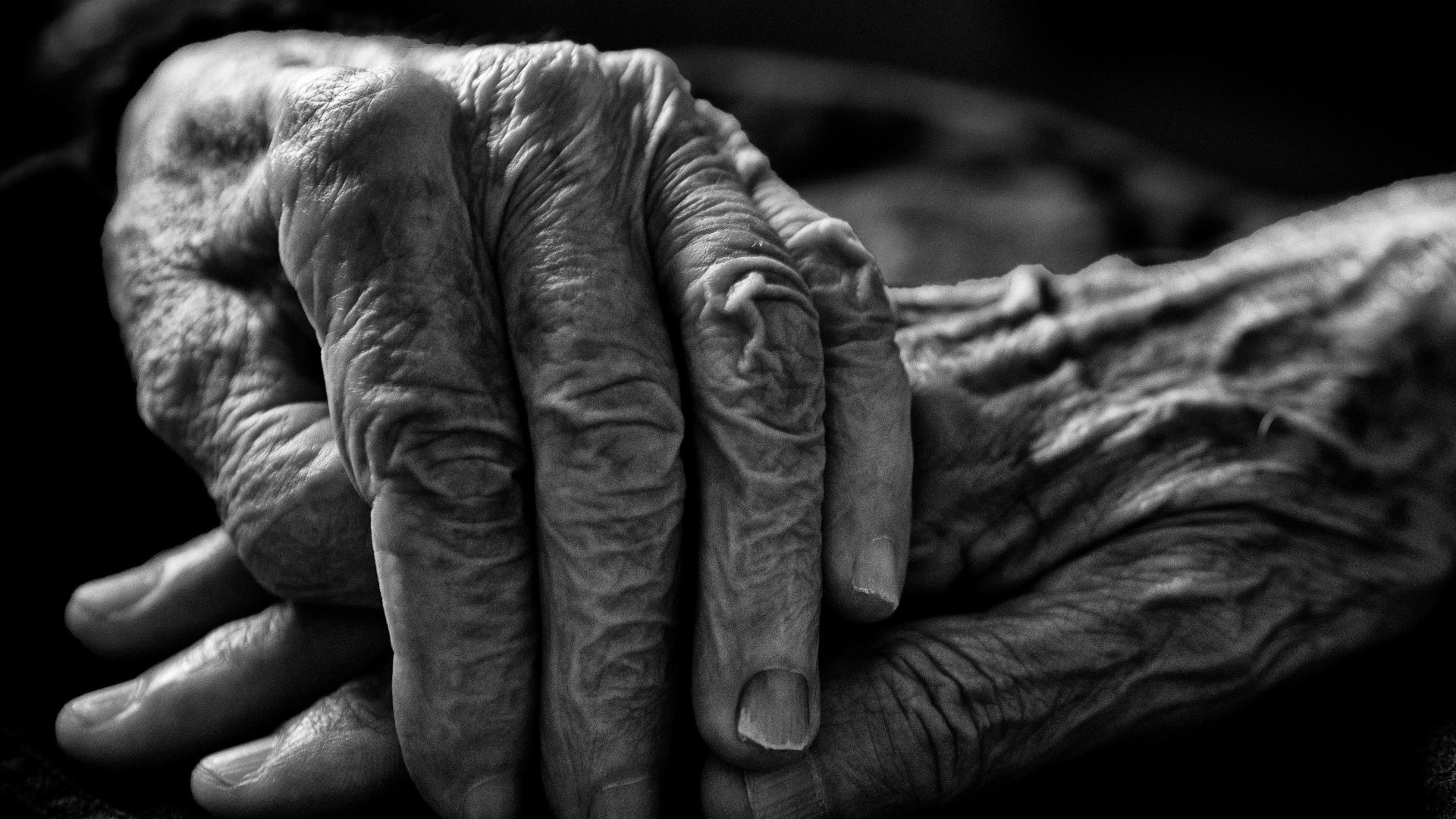Greece is expected to lose 1.3 to 1.5 million people by 2050, with the population aging significantly, according to a study by the Institute for Demographic Research and Studies, led by Professor Vyronas Kotzamanis. According to protothema.gr, the most profound changes will affect two age groups: the working-age population (20–64) and those over 65.
The 20–64 group will shrink by about 1.7 million, mainly due to falling fertility rates across generations and a steady decline in births since 1980. This trend worsened in the past 15 years as the number of women of childbearing age dropped, and emigration—especially of young adults—outpaced immigration. Meanwhile, the 65+ population is growing, driven by past high birth rates and rising life expectancy. They are projected to exceed one-third of the population by 2050, up from 24% today.
Kotzamanis argues that maintaining Greece’s 2025 employment levels by 2050 is possible under two conditions: raising the employment rate of the 20–64 age group from 67% to 82%, especially among women and those aged 20–29 and 55–64, and achieving a positive migration balance of about 700,000. If both goals are met, the number of employed persons could remain stable at 4 million.
Still, even in this scenario, the ratio of workers to retirees will fall from 1.64 to 1.24, requiring broad policy responses. As Kotzamanis notes, national prosperity “does not only depend on the population of workers,” but also on the “quality” of human resources and other long-term factors.
Source: protothema.gr
